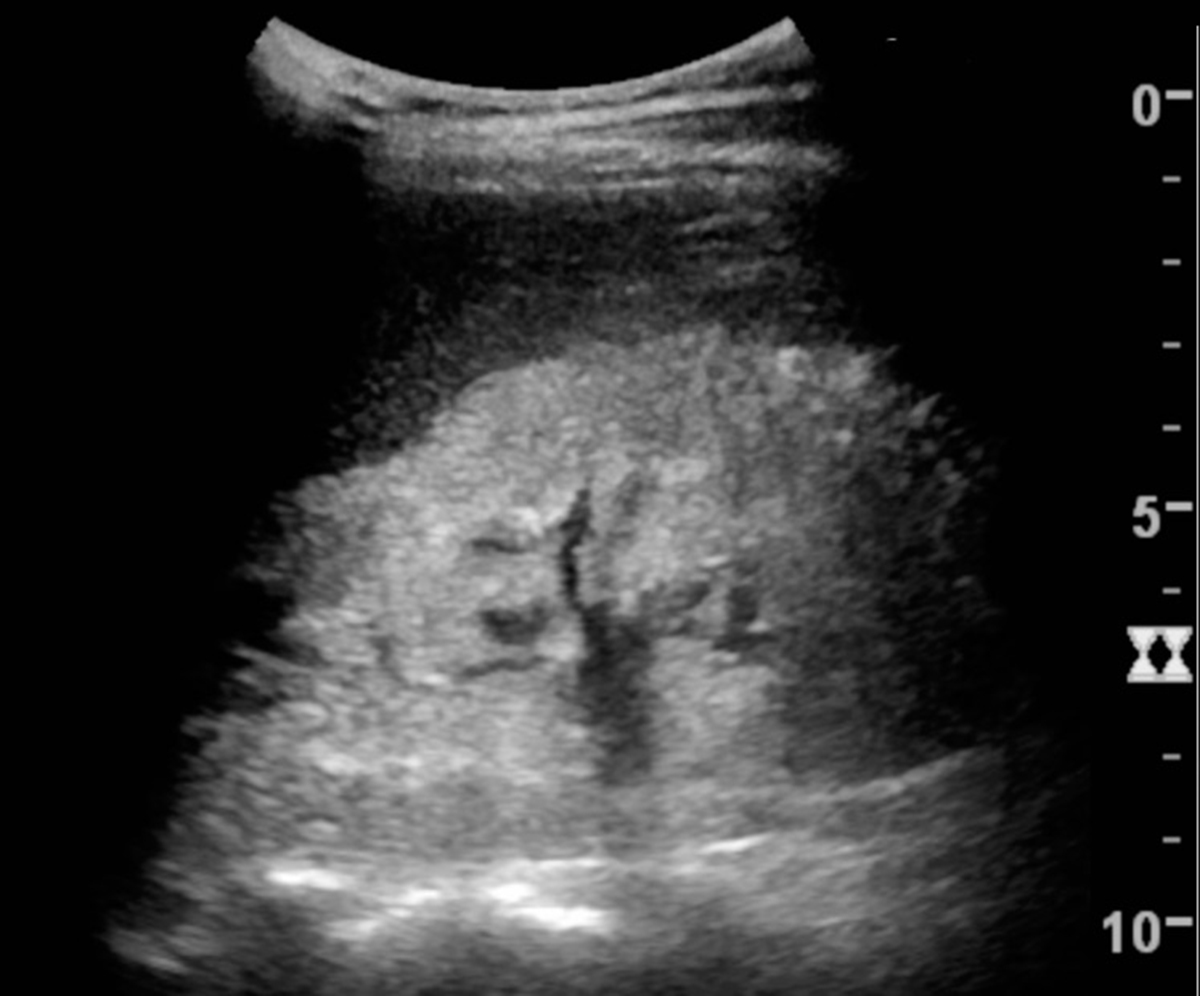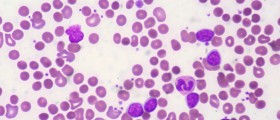
Definition and Symptoms
Nephrotic syndrome is a medical condition that features with the excessive excretion of the proteins in urine and consequent generalized edemas. In patients who are suffering from this disease the tiny little vessels in kidneys that are in charge with blood filtration and excretion of the water are destroyed. In normal conditions these vessels prevent the extreme loss of proteins.
The symptoms are connected with the loss of proteins. Reduced amount of proteins leads to generalized edemas. The swelling is most visible on eye lids and around ankles. The urine is foamy.
Causes of Nephrotic Syndrome
A variety of illnesses may cause nephrotic syndrome. In children the disease mostly develops due to minimal change disease. The underlying cause is in this case unknown. Focal segmental glomerulosclerosis is another condition in which nephrotic syndrome develops as a result of scars that form on the basis of destroyed glomeruli which are parts of the kidneys responsible for proper filtration. Membranous nephropathy as well as diabetic kidney disease can also lead to nephrotic syndrome. Even infections such as hepatitis B or malaria may be responsible for this condition.
In patient suffering from autoimmune diseases (lupus) nephrotic syndrome may be only a phase of the primary disease.
Complications of Nephrotic Syndrome
This condition is rather serious and may lead to several complications. Firstly the loss of proteins means the loss of antibodies. As antibodies are in charge with immune system and defense from the infective agents it is logical that people who are suffering from nephrotic syndrome are more susceptible to infections.
The hypercoagulation of blood and blood clots are common in nephrotic syndrome. This is also explained by the loss of proteins, this time those which prevent hypercoagulation of blood. Deep vein thrombosis may affect patients especially those who are bed ridden.
The condition is followed by the increase of triglycerides and bad cholesterol. This metabolic imbalance induces and accelerates atherosclerosis.
If proteins are lost in large amounts one may end undernourished. Still this is not visible enough as the loss of the protein result in edema and edema may mask the real loss of weight.
Retention of water can lead to increased blood pressure.
Urea cannot be excreted properly from the body. Its increased levels in blood lead to uremia and this toxic substance can cause lethargy and induce coma.
In worst cases acute and chronic renal failure can occur. They feature with impossibility of kidneys to adequately eliminate the toxic substances from the body leading to their accumulation in the blood stream and consequent destruction of numerous tissues and organs. These two complications are treated with dialysis while in chronic form of the disease one may even need a new kidney.

















Your thoughts on this
Loading...